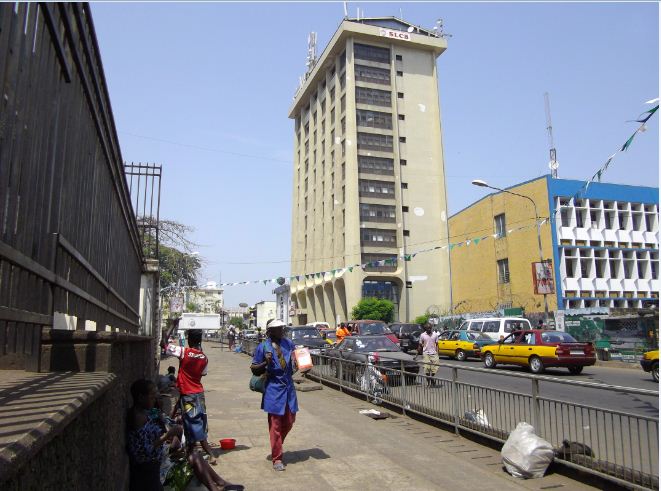The Sierra Leone FinTech Challenge 2019-2020 aims to harness the growing digital economy in order to develop and test innovative solutions as a way to leapfrog access to finance, and consequently build out government and private sector platforms to operationalize the benefits of the digital economy, the partners said in a joined statement published on Friday.
The statement said the initiative will test and build business models for digital infrastructure to shift from informal cash–based transactions to digital financial services that can mobilize domestic
resources and address the latent needs around health, education, agriculture and help save and plan for the future.
The focus, it added, will be nationwide, with emphasis on rural areas, smallholder farmers, women groups and youth. The scheme will seek to address two key issues: to digitize informal savings and lending groups such that it leads to greater access to financial services – bigger loans, savings, other financial services, and non-financial services such as energy, education, knowledge, market linkages among others; and to digitize payments and collections, for example revenue collection, energy, health and education payments.
The project is being implemented in three phases: January – February 2019 as the Define & Kick-off phase; March – August 2019 Design & Test phase; and August – onwards Invest & Pilot phase.
The initiative, championed in partnership with the United Nations Capital Development Fund (UNCDF) and the IBSA Fund, was launched under the theme: “Domestic resource mobilization”. The funds will come primarily from the IBSA Fund, which is the India, Brazil and South Africa Facility for Poverty and Hunger Alleviation.
Seen as a unique initiative to enhance South-South cooperation for the benefit of nations of the South, the IBSA Fund facilitates the execution of human development projects to advance the fight against poverty and hunger in developing countries.
UNCDF makes public and private finance work for the poor in the world’s 47 least developed countries. With its capital mandate and instruments, the UN agency offers last mile finance models that unlock public and private resources, especially at the domestic level, to reduce poverty and support local economic development.
The Bank of Sierra Leone, which is the country’s central bank and which is leading this initiative, is charged with developing the country’s financial sector. This initiative is part the implementation
of its National Strategy for Financial Inclusion 2017–2020.
The BSL will provide two finalists access to the Regulatory Sandbox – a safe space for unregulated financial sector innovations to grow under the guidance of the BSL staff and other specialists.
Officials say the overall goal of the scheme is to improve the country’s domestic resource mobilization and the economic well-being of its citizens living in rural and underserved areas.
The scheme has a two-pronged approach: Engagement and partnerships with innovation hubs and local players, and Catalytic investments to scalable partnerships and solutions.
“The world is currently experiencing unprecedented increases in connectivity and global data flows. And the rise of ‘superplatforms’ is starting to enter the African markets and will have significant
implications for consumers, incumbent financial institutions, local entrepreneurs as well as for regulators,” the statement reads in part.
It adds: “In that context, Sierra Leone is facing a wave of new opportunities. Rapid mobile phone and network penetration across the country is opening the door to new services, making it easier than
ever for people to use digital payments in their everyday lives.
Adoption of digital financial services (DFS) in the country continues to grow — active adult users increased from 6 percent to 10 percent from 2016 to 2017.”


